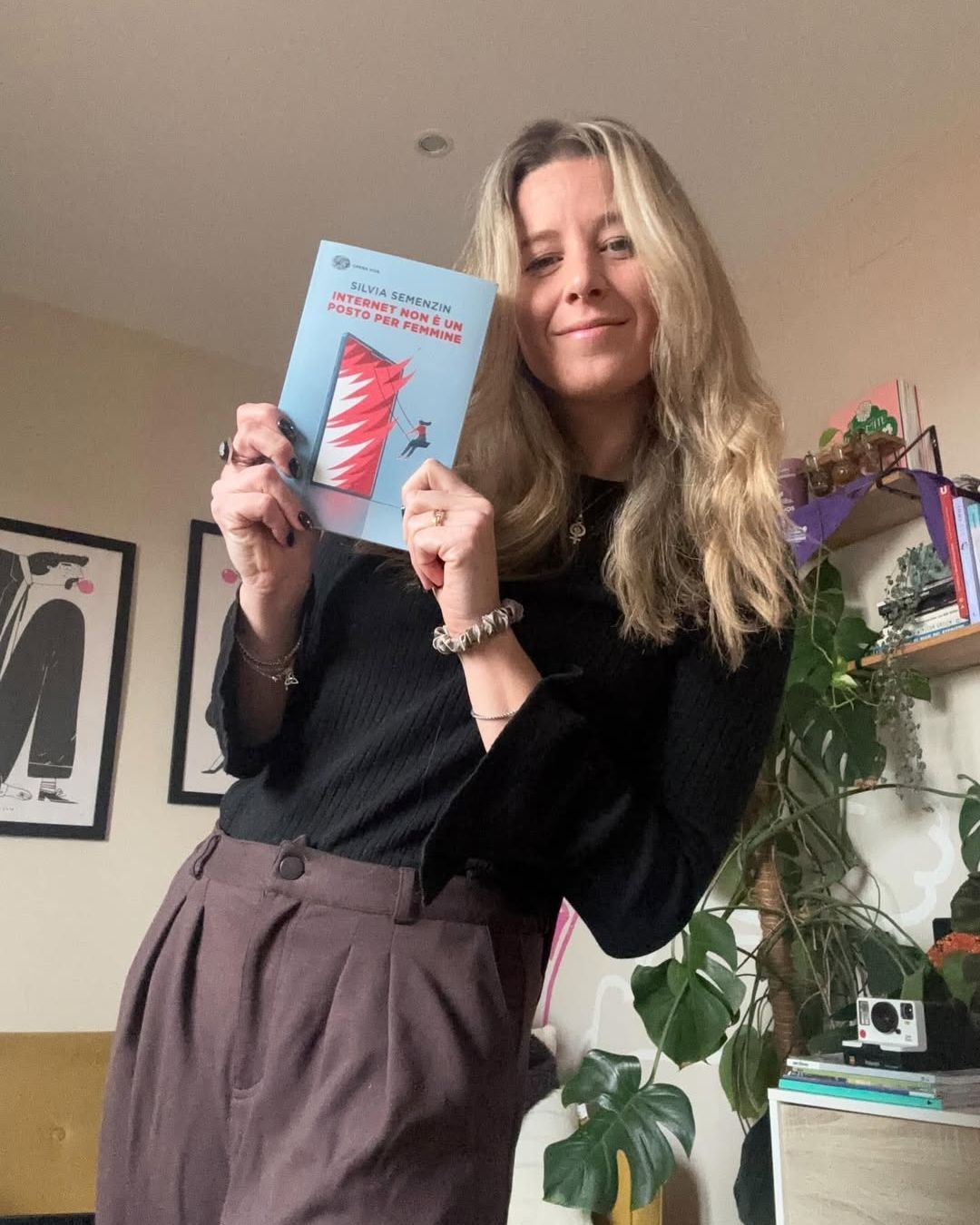
Is Pride no longer profitable for brands? Companies stop supporting the LGBTQIA+ community
"Walking means this is a public space [...] where people, regardless of their gender or religion, are free to move without threat of violence": Judith Butler, philosopher and queer theorist, described the experience of a march through the streets of Ankara, Turkey, in 2011 this way—a country that systematically represses any form of community gathering, and where current President Erdoğan has labeled LGBTQ people a threat to society. Butler’s reflection reminds us that Pride, as a demonstration, was historically created with the intention to take up space in the public arena and marks the formation of an alliance that celebrates the pride of belonging to a community. A spontaneous gathering in which the body, as Butler writes, "is also on the front line, displaying its value and its freedom in the very act of demonstrating, and enacting, through the embodied form of assembly, a political claim" (Notes Toward a Performative Theory of Assembly, Judith Butler, Nottetempo, 2017). However, in recent years, even in Italy, we’ve seen this demonstration supported not only by grassroots, self-sustaining movements, but also by wealthy transnational corporations: sponsors of Pride - in cities like Rome and Milan - included companies like Procter & Gamble, Coca-Cola, Google, PayPal, and Amazon until last year. This year, influenced by Donald Trump’s re-election last November, we’re witnessing a significant shift: Pride, it seems, is no longer monetizable. Several Italian Pride organizers and coordinators - in cities such as Rome, Milan, Naples, and Turin - have reported a noticeable decline in corporate involvement for the events scheduled in June.
The current political climate and corporate decisions
Just a couple of months ago, only hours after being sworn into office at the White House, Donald Trump signed two executive orders aimed at dismantling DEI (Diversity, Equity, and Inclusion) programs across the federal government. Office staff were placed on paid leave, and public web pages were removed. Consequently, given the political shift underway, many companies have reevaluated their commitment to DEI, particularly in financial terms. Meta was one of the first to announce, as early as January, that it would terminate its key programs dedicated to inclusion, equity, and diversity. Other giants like SAP, Paramount, Amazon, Pepsi, and Deloitte followed this rebranding strategy. On a personal note, I once worked for a U.S. multinational with a robust range of initiatives, internal groups, and executive roles dedicated entirely to Diversity and Inclusion. I now wonder what will happen to them, whether they will continue to exist, whether people will lose their jobs, and whether they’ll feel less protected at work.
Milano Pride responds
In a recent Instagram post, the official Milano Pride account attempted to explain why the withdrawal of corporate sponsors needs to be examined from a broader perspective than simply labeling them - rightfully - as engaging in rainbow washing. According to the organizers, sponsors helped cover the high costs of organizing such a large-scale event and also enabled fundraising for community-focused projects (legal aid, safety, mental health support). Acknowledging the decline in corporate participation is real, Milano Pride fears that these actions may reflect a larger political and social shift currently underway. Nevertheless, as stated in their post carousel, companies that continue to support Pride will demonstrate a genuine commitment to the community.
Before a demonstration became a commodity, and before questioning what authenticity means for a company, we should remember and celebrate Pride for what it truly is: a claim to space, an alliance of bodies—as philosopher and Italian translator of Butler’s Notes Toward a Performative Theory of Assembly, Federico Zappino, said in an interview: "What can these precarious bodies do together? Don’t they themselves already constitute, perhaps, a people?"



















































